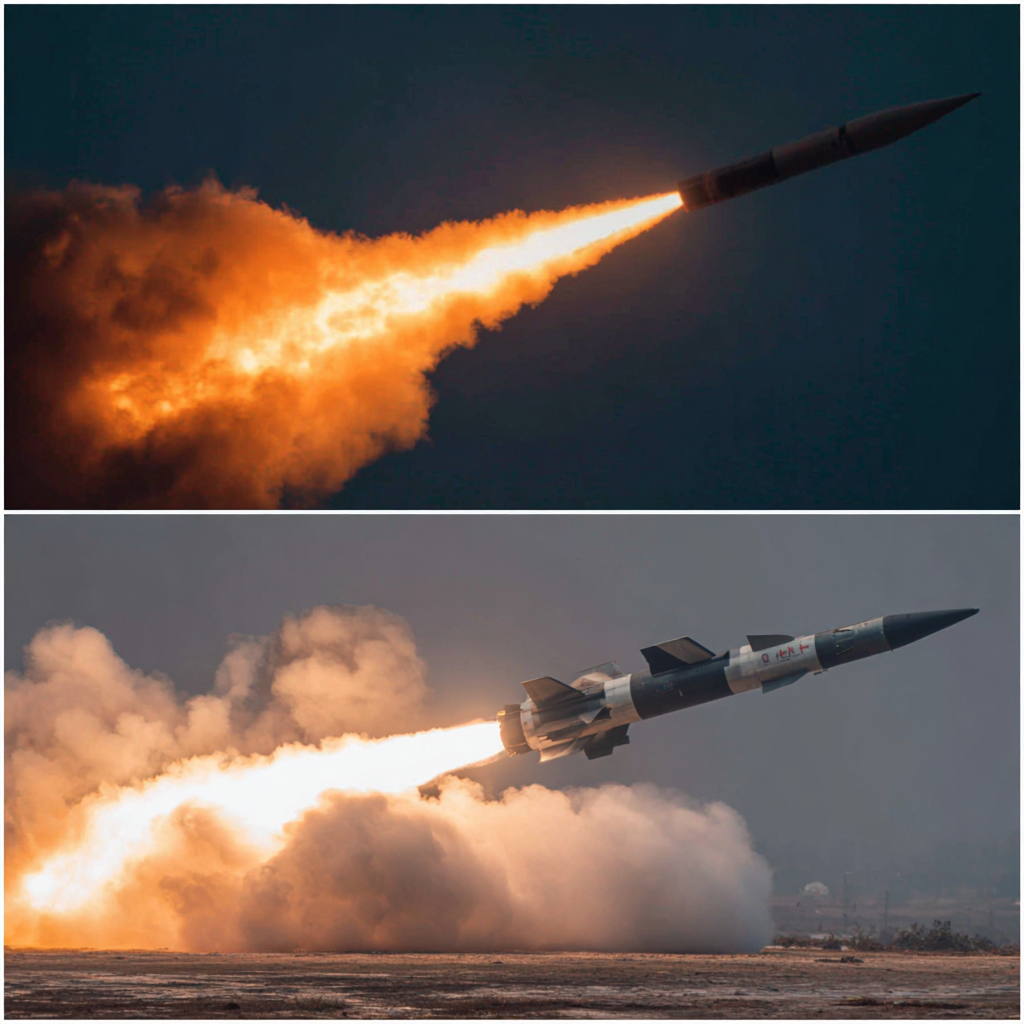Quantum War Tech: DRDO and IIT help India take the lead!
Preface
Discover how DRDO and IIT are advancing quantum war tech, positioning India as a global defense leader with cutting-edge innovation.

Quantum War Tech: DRDO and IIT help India take the lead!
Quantum mechanics is no longer just about theories and discoveries. With the advancement of the next generation of quantum mechanics, Quantum 2.0, we are moving towards the applicability of such theories to much higher practicality. Quantum technology is the new frontier in the race for technological supremacy, which has been described by many as the "Quantum Tech War."
Advancement of this technology will redefine global security, the economy, and innovation for the next several decades. Countries across the globe are aggressively investing in quantum computing, communication, sensing, and encryption. Major geopolitical players, including Russia, China, and the USA, are moving towards advancement in the quantum field.
In the groundbreaking study, scientists at Brown University have discovered a new class of quantum particles called fractional excitons. Theoretically, studies place fractional excitons within the framework of systems exhibiting topological order, particularly in FQH effects. Scientists from DRDO and IIT-D have achieved a milestone study in cybersecurity, where entanglement-based free-space quantum key distribution (QKD), which means transfer of data through air over a distance of one kilometer. Their installation demonstrates that entangled photons can transmit encryption keys across the open air, between two buildings, with no cable in between.
Traditional quantum key distribution is confined to physical routes, expensive to build, and vulnerable to destruction. It typically entails kilometres of underground fiber-optic cable.
What is QKD?
To explain the significance of this discovery in simple language. QKD means using quantum keys to send encrypted data via secure channels rather than the traditional mathematical encryptions, which could be hacked.
While QKD is not just secure but it basically will make hacking impossible, as using quantum keys the encryption is so secure that a small attempt at hacking will lead to the collapse of the data, alerting the parties at both ends. This leaves no possibility of interfering with the data.
The experiment conducted by DRDO and IIT-Delhi scientists showed a successful transfer of 240 bits per second rate of transfer of data over a minimal mistake of less than 7 percent. What does this error rate indicate? So it is called as QBER, Quantum Bit Error Rate, which means how well encrypted the data is, while transferring, if there is a channel breach. Achieving a less than 7% QBER is pretty remarkable, and that too in the first attempt. While this is a working prototype will be used basically for Military and National Security only as of now.
However, this technology will not be limited to defence but will benefit the stock markets and government institutions that require highly secure data transmission.
National Quantum Mission: India Leading the World
In 2023, after the launch of the National Quantum Mission, aiming to seed, nurture, and scale up scientific and industrial R&D and create a vibrant & innovative ecosystem in Quantum Technology (QT). The startup QpiAI developed Indus, India’s first first 25-qubit supercomputing quantum computer, making the milestone in indigenous quantum hardware development. The government has funded eight startups and launched innovative hubs at IISc Banglore and IIT-Madras focusing on quantum computing, sensing, and communication. DRDO, in collaboration with IIT-Delhi, has proved in making India one of the few countries in the world that is leading the country towards quantum advancements. With AI and other Tech sectors leading the way, quantum is proving to be a promising industry.
Recognising the importance of the Quantum technology industry, the world's players have invested a huge amount of money in winning the race of dominance. China invested $10 billion in the National Quantum Lab at the University of Science & Technology, China. The United States combined government funding with private sector companies like Google, IBM, Intel, and Microsoft, leading the Quantum technologies. Europe has introduced a $1 billion flagship program that is shaping the digital future in various institutes, with Germany leading advancements in quantum computing and post-quantum cryptography.
While the world is already diving into miracles in the quantum industry, India has allotted funding to various startups and R&D projects with funding from ₹2 to ₹25 crore, depending on the requirement of each program.
The DRDO-IIT demonstration was a success and shows India’s growing quantum capabilities. However, to build on these successes, the country needs to adopt various administrative and structural reforms.
The government must address administrative problems by making funding easier for quantum research initiatives. Establishing a dedicated national quantum research fund to ensure sustained financial funds to research projects, startups and industry collaborations. Setting up special fast-track licensing processes for important quantum equipment imports could cut down on project delays. Encouraging private sector companies to partner with government institutes through quantum innovation hubs and providing tax incentives can further accelerate development. Additionally, incorporating quantum computing course at the University level and funding Ph.D programs, enabling international research exchange to build a skilled talent pool.
India’s Quantum Future
DRDO has stated that such systems could soon be deployed on satellites, planes, and ground vehicles, giving India quantum-secure coverage in all areas. The Young Scientist Laboratory at DRDO funded the research, which was conducted by Prof. Bhaskar Kanseri of IIT Delhi's DIA-CoE.
Even more impressive is that everything used was made in the country, including the entangled photon sources, the detectors, and the software. That proves that quantum hardware made in the country can compete on the world stage and distinctly falls in line with India's Aatmanirbhar Bharat goals. This achievement is part of a broader national initiative, as ISRO is getting satellite-based QKD demonstrations going and numerous quantum technology labs are launching under the National Quantum Mission.
Entanglement-based QKD evades such risk entirely. Rather than using mathematical challenges that a quantum computer could eventually solve, it relies on the laws of physics to create encryption keys.
Besides being proof of a theory, India's June 2025 QKD development produced an operational version of future military, government, and civilian communication. The implications stretch from high command centers to secure mobile platforms, from financial information to strategic defence. It is fast, reliable, futuristic technology, and most importantly, it is Made in India.
With a ready-for-deployment solution that works today, not in a decade, India has positioned itself ahead of global rivals as global powers scramble to quantum-protect their networks. India's scientific potential is evidenced by a quantum communications breakthrough at IIT-Delhi, yet there is an urgent need for administrative reform, increased funding, and strategic focus on indigenous capabilities to realize the promise of quantum technologies fully.
